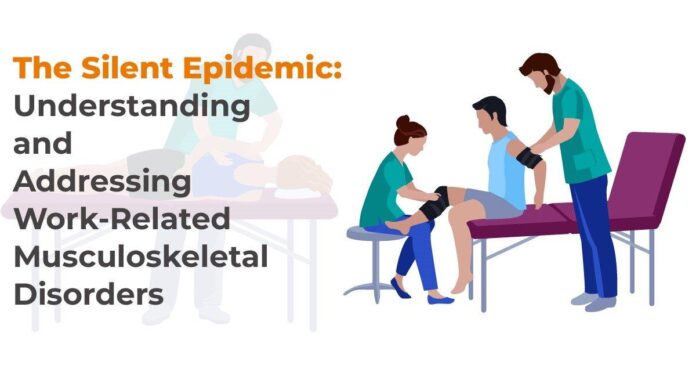
Diabetes is a chronic condition that affects millions of people worldwide. It occurs when the body is unable to produce enough insulin or is unable to effectively use the insulin it produces. This leads to high levels of glucose in the blood, which can cause a variety of health problems if left untreated.
While many cases of diabetes are diagnosed and managed effectively, there is a growing concern about the number of undiagnosed cases that are going untreated. This silent epidemic is on the rise, and it is important for individuals to be aware of the signs and symptoms of diabetes so they can seek treatment if necessary.
There are three main types of diabetes: type 1, type 2, and gestational diabetes. Type 1 diabetes is an autoimmune condition that usually develops in childhood or adolescence, while type 2 diabetes is more common in adults and is often linked to obesity and unhealthy lifestyle habits. Gestational diabetes occurs during pregnancy and can increase the risk of complications for both the mother and the baby if not properly managed.
The symptoms of diabetes can vary depending on the type and severity of the condition. Some common signs of diabetes include increased thirst, frequent urination, unexplained weight loss, fatigue, blurred vision, and slow wound healing. These symptoms can often be subtle and may go unnoticed by individuals who are not regularly monitoring their health.
One of the reasons why undiagnosed diabetes is on the rise is because many people are not aware of the risk factors for the condition. Some of the main risk factors for diabetes include obesity, lack of physical activity, poor diet, family history of diabetes, and age. In addition, certain ethnic groups, such as African Americans, Hispanic Americans, and Native Americans, are at a higher risk of developing diabetes.
Another reason why diabetes is going undiagnosed is because many people do not seek medical attention until they are experiencing severe complications. By the time they seek treatment, the diabetes may have already caused damage to their organs and blood vessels. This is why early detection and management of diabetes is crucial for preventing serious health problems.
The consequences of undiagnosed diabetes can be devastating. Diabetes can lead to a number of complications, including heart disease, stroke, kidney disease, nerve damage, and vision loss. In severe cases, diabetes can even lead to limb amputation or premature death. By diagnosing and managing diabetes early, individuals can reduce their risk of developing these complications and improve their overall quality of life.
There are several ways to diagnose diabetes, including blood tests that measure blood glucose levels and A1C levels. These tests can help healthcare providers determine whether an individual has diabetes and how well their condition is being managed. In addition, individuals can monitor their blood sugar levels at home using a glucometer, which can provide valuable information about their condition.
Once diabetes has been diagnosed, it is important for individuals to work with their healthcare providers to develop a treatment plan. This may include lifestyle changes such as diet and exercise, as well as medications such as insulin or oral medications. Regular monitoring of blood sugar levels is also important for managing diabetes and reducing the risk of complications.
In conclusion, undiagnosed diabetes is a silent epidemic that is on the rise. It is important for individuals to be aware of the signs and symptoms of diabetes so they can seek treatment if necessary. By diagnosing and managing diabetes early, individuals can reduce their risk of developing serious complications and improve their overall quality of life. If you suspect you may have diabetes, it is important to consult with your healthcare provider for testing and treatment.












